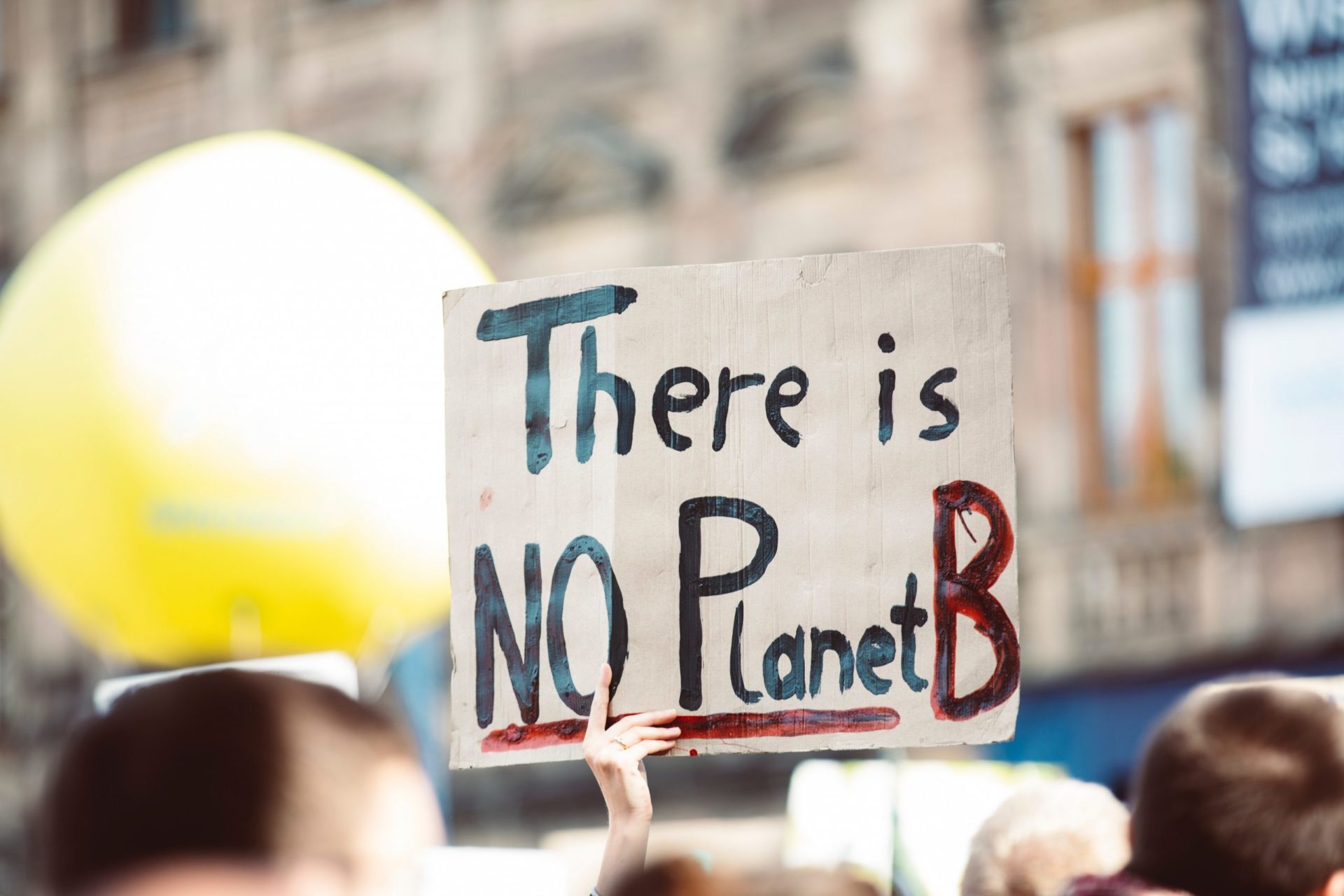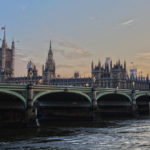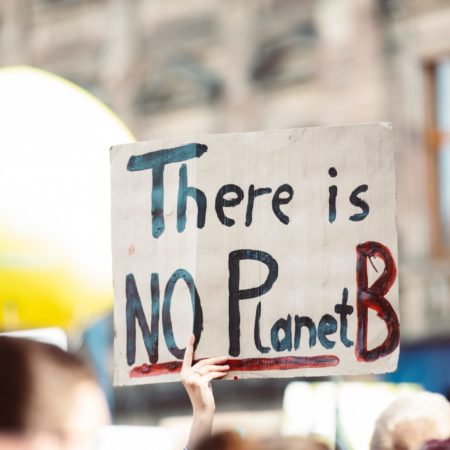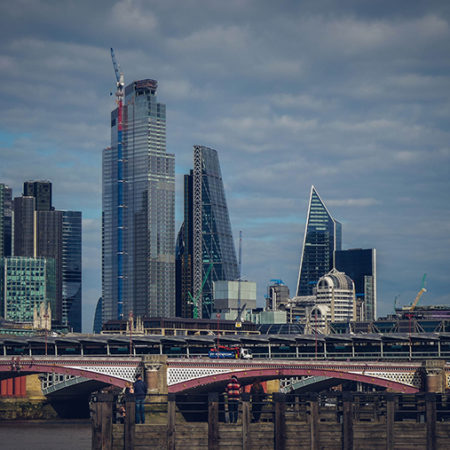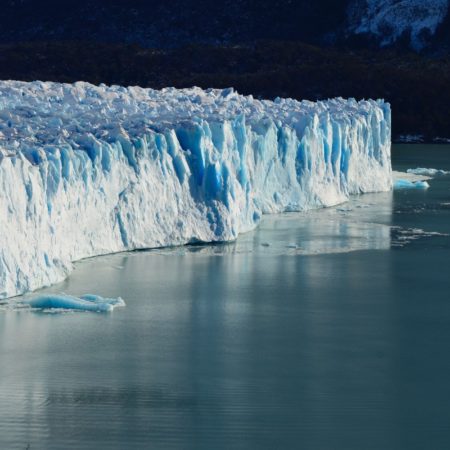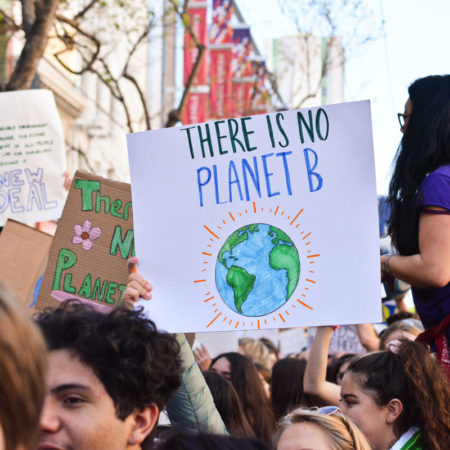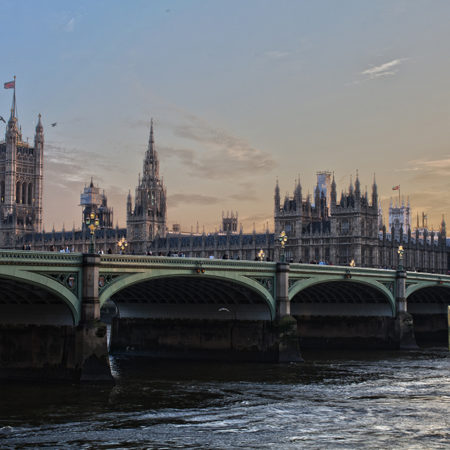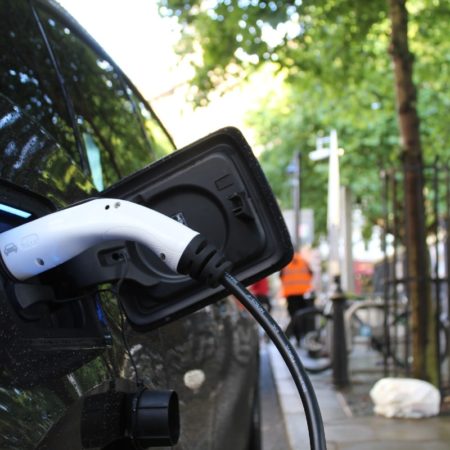As Trump’s somewhat ignominious term closes, green business leaders may well wonder what opportunities the US has missed since coming out of the Paris Agreement.
So has Trump done lasting damage; is the US now on the back foot? What challenges does Biden face to bring a smile back to the US green lobby?
A time beyond Trump
The Brookings Institution is a non profit public policy organisation based in Washington whose mission is to conduct research that helps to solve society’s problems, locally and globally. As such, it’s not a bad starting point for an overview on Trump’s eco impacts since coming to power.
Mid 2020, it explained Trump took office promising a business-friendly, deregulatory agenda. Shortly after taking office, he issued an executive order that for every new regulation put in place, two had to be eliminated.
This deregulatory agenda extends into the rules that protect US air and water and address climate change. Brookings is tracking the administration’s deregulatory actions, and counts 74 actions to date the administration has taken to weaken environmental protection.
The list is pretty mindblowing for anyone with a green conscience. In November 2020, a new rule allowed timber harvesting and road construction in Alaskan national forests by granting exemptions from roadless area protections.
In September, the reversal of a ban on a widely-used pesticide, Chlorpyrifos, which may pose health risks. And in the same month, a rule expanding National Forest System lands open for leasing to oil and gas exploration.
Laws on mercury and air toxicity were changed, new rules rescinding implementation of the Clean Fuels Grants Program came in, landfill guidelines were amended.
And a rule requiring coal-burning power plants to reduce carbon emissions, the Clean Power Plan (CPP), was rescinded.
On March 28, 2017, President Trump issued an executive order directing the Environmental Protection Agency (EPA) to review the CPP. The Trump administration subsequently requested that the court postpone consideration on the CPP pending the administration’s internal review. On October 16, 2017, the EPA proposed to rescind the CPP.
The list continues, but for the purposes of this post the message should by now be clear. In an approach which given global scientific consensus is genuinely hard to fathom, Trump set about dismantling any law that protected the environment and hampered business.
This short term extremism is challenging for balanced thinkers to understand, as it harks back to days when climate denial was commonplace. In today’s era it’s unusual to find outright climate deniers, though plenty disagree about the minutiae and the correct paths to net zero.
Can Trump’s work be undone?
A good question, and one that relies on the internal wranglings of US politics.
US News explains that once, The White House had its ideas, Congress had theirs, and the final product was hashed out in late-night negotiations followed by press conferences where lawmakers congratulated each other on their ability to compromise for the greater good.
Now, Congress has become uncooperative; presidents have resorted to doing things on their own. In President Barack Obama’s case, says US News, the use of executive authority was driven by a frustration with Congress.
In President Donald Trump’s single term, the use of the presidential pen and executive rule-making authority, blasted by outraged Democrats, reflects Trump’s CEO background: as a businessman, he made the rules, and others followed them.
The gist is, the bulk of Trump’s agenda was done unilaterally. Anything Trump did with his quill, presidential experts note, can be undone by Biden in the same way.
But then, does the next incumbent simply reverse said dictats repeatedly? Once again, question marks are raised over how well, in the real world, US democracy functions.
Meanwhile, the pendulum swings back and forth between administrations, while the planet warms. Yet as COP26 President Alok Sharma notes, “Once pre-election commitments made by President-elect Joe Biden are enacted, almost two-thirds of the world’s emissions will be covered by Net Zero commitments. A club that is growing all the time.”
Let us hope for a more stable net zero future in the US


